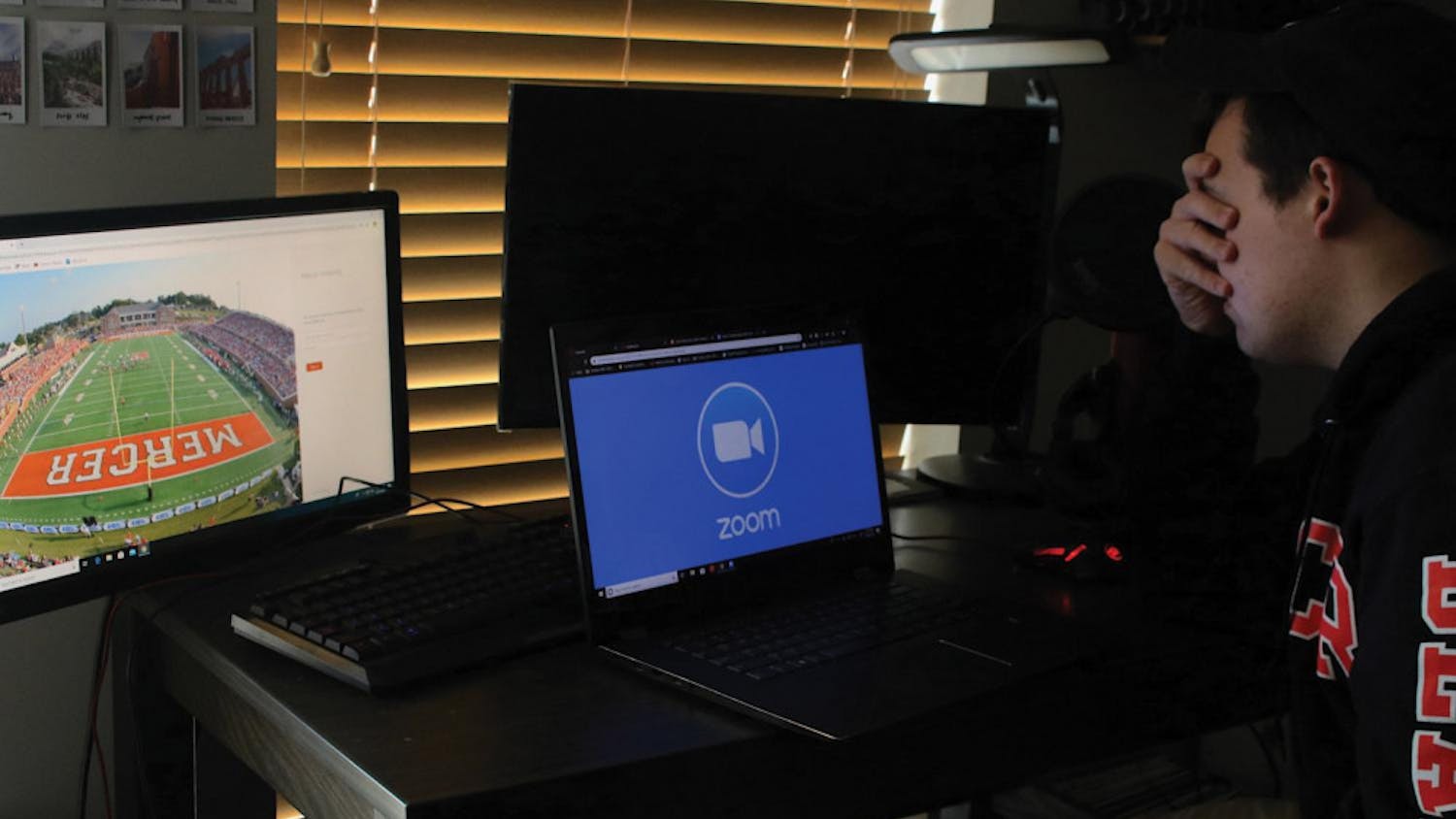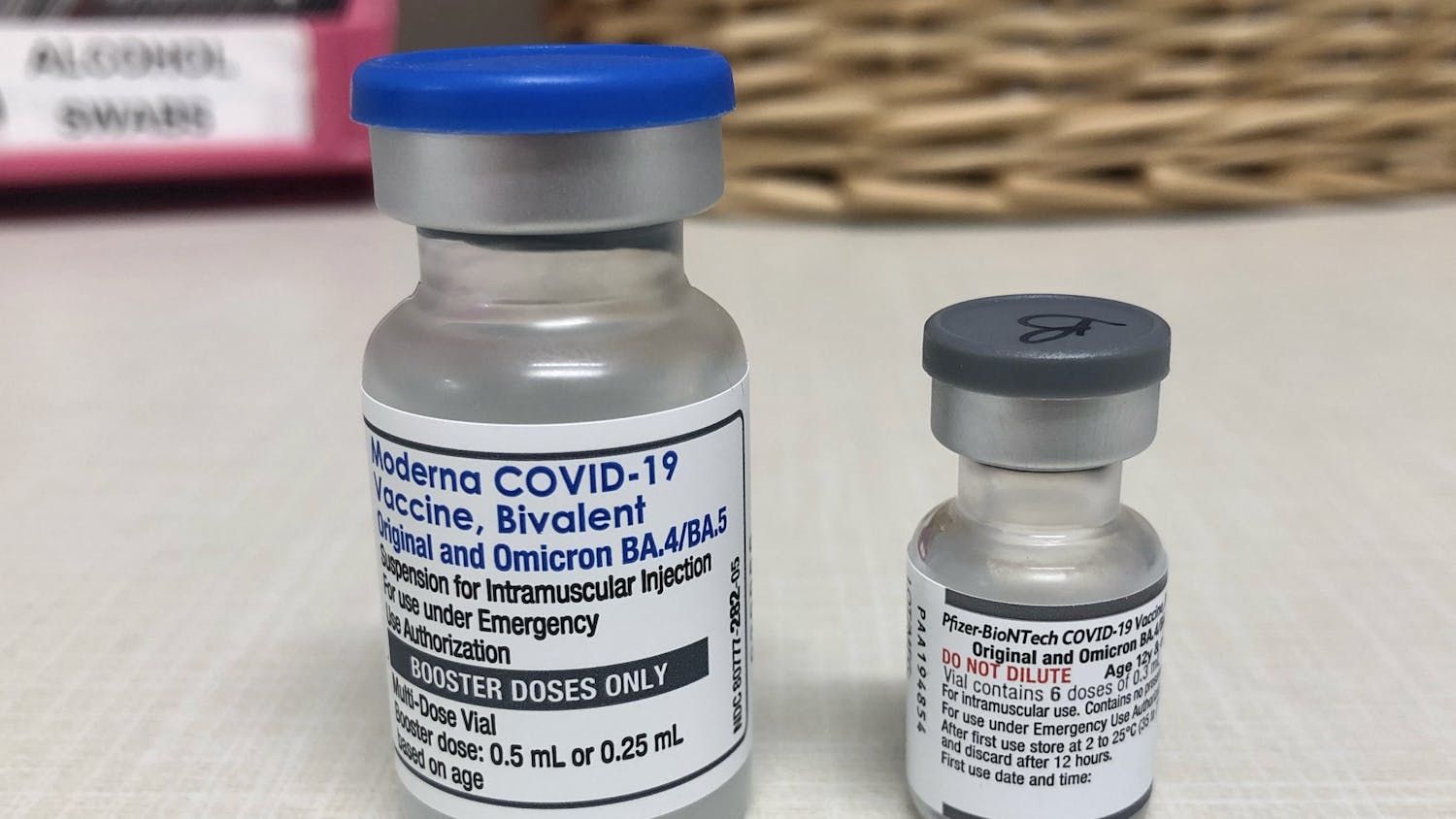If you had an internship offer revoked last summer as COVID-19 swept the world, you’re not alone: a National Association of Colleges and Employers survey in May 2020 found that 22% of employers rescinded internship offers due to the pandemic.
Nearly a year later, the United States economy still hasn’t bounced back from its slump. College students and graduating seniors may be concerned about the prospects of landing the perfect internship in their field amid the woes of job-seeking during a pandemic, but according to Mercer’s Center for Career and Professional Development, there is still hope.
Here are some tips to earn the internship you want most—even as COVID-19 rages on.
Reach out to your personal network
At least 60% of all jobs are found through networking, according to CCPD. That means that while it may be tempting to hit Indeed or another job board to find your summer internship, you’re more likely to secure a position by speaking to the people you know about openings.
Try asking professors or advisors that you have a relationship with about opportunities they may be able to share with you. If a professor is working on research that relates to your goals, reach out to them. There’s no harm in sending a polite, professional email to see whether they would consider taking you on as a research assistant. You can also ask an academic advisor if they know of any companies hiring interns in your area of study this summer.
If you’re involved in any professional or student organizations, you can network with current or former members. Reach out to someone who graduated within the last few years and ask if their current company is hiring interns. If your organization has a national presence, check out its website for any resources that may be posted for members.
Use social media wisely
If networking with the people you currently know isn’t helping you land the perfect position, social media may still come to the rescue. First, make sure your personal accounts are professional, public and free of any content that might raise employers’ eyebrows. It’s also a good idea to start working on a personal brand to help you stand out.
Once your accounts are good to go, use the #OpenToWork function on LinkedIn and follow the #Hiring2021 hashtag on Twitter. Opportunities will be more likely to pop up in your feed, and recruiters will be directed towards your profile when they’re looking to fill positions. You can even opt into email alerts on LinkedIn tailored to keywords you choose. In the case that you want to intern for an engineering company, you can set your keywords to “engineering intern,” select states or regions you want to work in and receive notifications every time an employer posts a job that fits the description.
Use Mercer’s resources
Mercer offers plenty of resources to students and alumni who need a little help securing their next position. The Office of Fellowships and Scholarships maintains a list of national and international opportunities and supports students through the application process. Along with merit scholarships, the office also helps students land research, teaching and other fellowships that are often paid opportunities.
Of course, CCPD is also a great resource on campus. Not only can CCPD help you find positions you’d like to apply for, they’ll also help you prepare to submit the best application possible, from offering feedback on resumes and cover letters to practicing interviews. CCPD provides access to Handshake, a job-posting platform specifically for college students and graduates, as well.
Finally, some departments offer programs that can help students access internships. For example, journalism students can apply for the Couric Fellowship, which places them in paid positions at The Telegraph, Georgia Public Broadcasting, WMAZ13 or other approved news outlets.
Be willing to adapt
We’re a year into the pandemic, but this summer will still be unusual in many ways. Many employers across the country are still operating remotely, so you may be hired to a virtual position. It might not be ideal, but don’t forget that you can still learn a lot through remote work!
Note that due to financial struggles, some companies might ask you to adapt by taking an unpaid internship instead of one that will properly compensate you. However, don’t feel as though you have to settle for a volunteer position just to boost your resume. Interns contribute valuable work to a company and deserve to be paid for their work, and going a whole summer without making money may not be an option for you. A paid job that isn’t explicitly related to your desired career might be a better choice this summer, and that’s okay.
Tips for landing the perfect internship during a pandemic





